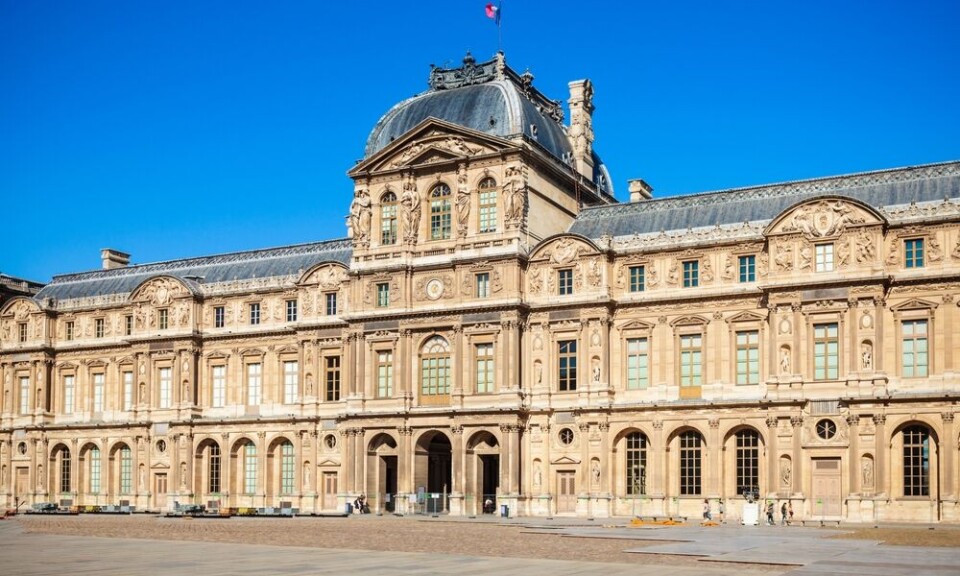-
GR, GRP, PR: What do the French hiking signs mean?
What are the coloured symbols on French hiking routes? Who paints them there and why?
-
Miss France: glam - but not sexy
Miss France organiser Geneviève de Fontenay fears she is fighting a losing battle to protect her 'Cinderella dream' from vulgarity
-
Normandy Landings visit for Queen
Queen Elizabeth has confirmed a state visit to France, ending rumours she is handing over duties to Charles
Record profits for easyJet
The British firm is soaring financially, in contrast to the dropping fortunes of rival Ryanair
LOW-COST airline easyJet has reported record profits, in contrast to rival Ryanair which has issued a profits warning.
The firm has reported profits of £478 million for the year to the end of September, up from £317 million the previous year – an increase of 51%. It will mean a bonanza payout of £308 million to its shareholders, who have seen share prices rise 69% since the start of the year.
Ryanair, in contrast, has predicted a drop in profits of €500-520 million for the financial year 2013-14.
Commentators say the different fortunes of the companies can be put down to their business models.
Ryanair focuses on extremely low ticket prices, which compensate for the relative inconvenience of having to use out-of-the-way airports such as Beauvais as opposed to Charles de Gaulle or Orly. It cannot, therefore, risk putting up prices too much as it would lose its attraction, especially to those Ryanair customers who would not fly at all without its budget fares.
It also has to contend with an image of poor customer service and does not offer allocated seating, which is possible on easyJet, meaning passengers avoid a rush for seats, said to make Ryanair less appealing, especially to older passengers. The firm recently announced it will introduce it.
EasyJet also benefits from the fact it has a high number of business passengers. The average age of its customers has risen, to 42, from 38 a few years ago.
It also operates from major airports, in competition with traditional airlines, against whom its prices, while higher than Ryanair’s, remain attractive. It has increased the average ticket price while Ryanair’s has dropped.
EasyJet Chief Executive Carolyn McCall, said to be in line to take home £3.37 million this year, is also credited with boosting the firm’s fortunes by improving services and cutting costs.
She brought in “speedy boarding” and allocated seats as well as improved menus and she cut some unprofitable routes while introducing new ones to destinations like Moscow and Luxembourg.
Photo: lucamascaro www.flickr.com






















